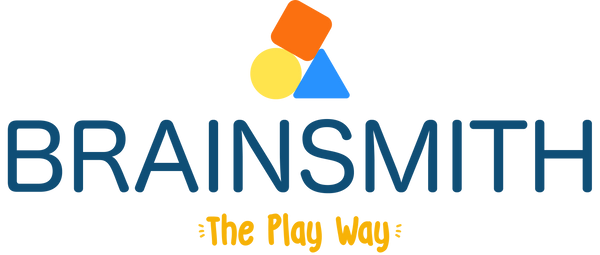
What is Early Learning?
Early Learning refers to the emerging and expanding nature of young children’s physical, intellectual, emotional, social and creative capacities’ (British Columbia Early Learning Framework 2007, BC Ministry of Education). This encompasses a child’s cognitive, physical, social and emotional development during the first five years of life. As Bill Gates rightly says “The first five years have everything to do with how the next 80 turn out”. And why is this statement true? From birth, a baby undergoes constant development; and learning plays a mammoth role during this stage of development.
A child forms the strongest memories during the first five years – eating, walking, talking and sitting. These years form the foundation of a child’s growth and development and their learning depends on their day-to-day experiences. As caregivers, this is our window of opportunity – to expose a child to a nurturing, stimulating and exciting learning environment. Early experiences shape a child’s brain and research confirms that the first three years are fundamental in shaping a child’s brain architecture. These experiences have a direct significant impact on how children develop social, intellectual and learning skills.
A child’s brain is the most impressionable during these first five years. The brain develops by forming a complex network of nerve connections or pathways and the intake of new information is significant to the formation of these neural pathways in the brain. These connections are what allow babies and children to form memories, learn through experience, recognise sounds and languages, move their body parts, start talking, eating, walking and sitting and determine cognitive and physical abilities.
